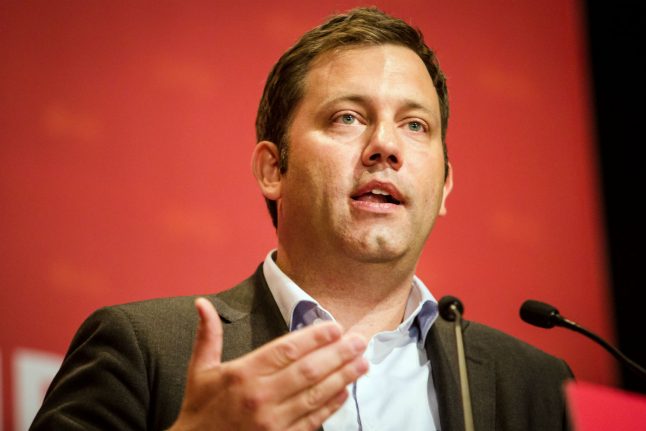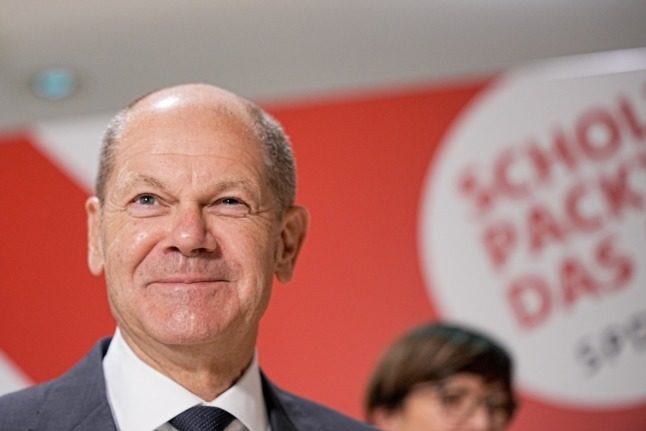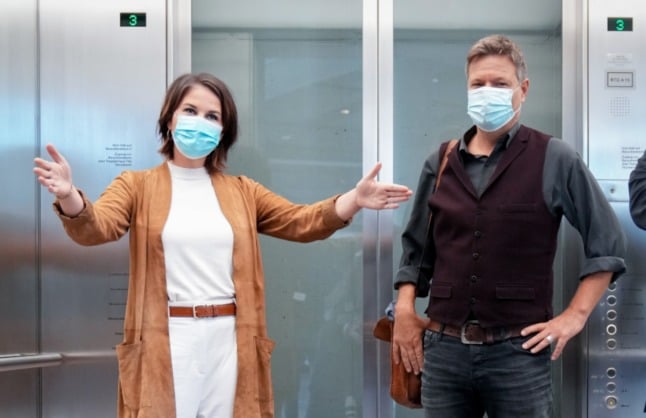“I expect a democratic party to clearly distinguish itself from right-wing extremists and democratic minorities,” Klingbeil said on Thursday in Berlin.
The Saxon CDU faction leader has not yet ruled out a coalition with the AfD following next September’s federal and state elections.
Klingbeil condemned the message Hartmann's open attitude towards the AfD sends.
“If the AfD, which will take to the streets together with neo-Nazis in Chemnitz, is now to be considered as a coalition partner for top politicians of the Union, then a word of power from party leader Angela Merkel is needed,” said the SPD secretary general.
“It is unacceptable to simply let something like this occur, and I expect the CDU to adopt a very clear stance at federal level,” he added.
Surprise victories
On Tuesday, Hartmann was elected as the successor Frank Kupfer as the new chairman of the CDU parliamentary group in Saxony's state parliament.
The 44-year-old prevailed over Geert Mackenroth, who had been proposed by Minister President Michael Kretschmer (CDU) and Kupfer, who had resigned for health reasons.
Similarly on the same day in Berlin, Volker Kauder – Chancellor Angela Merkel’s candidate as head of the Bundestag faction – was unexpectedly defeated by Ralph Brinkhaus.
On Thursday, radio station MDR Sachsen asked Hartmann about a possible coalition with the AfD, which could even become the strongest force in the September 2019 state elections.
“We can’t yet predict the future,” Hartmann replied, adding that “sensible decisions” would have to be made following the elections.
Minister President Kretschmer categorically rejects CDU coalitions with the AfD, who last week became the second most popular political party in Germany, ahead of the Social Democrats (SPD), according to a poll.
Merkel has previously stated that the CDU needs to win back voters who have switched over to the AfD, and also continually rejects a coalition with the populist party.
In elections in Saxony in 2017, the AfD became the most popular party with 27 percent of the vote, followed by the CDU with 26.9 percent.




 Please whitelist us to continue reading.
Please whitelist us to continue reading.
Member comments